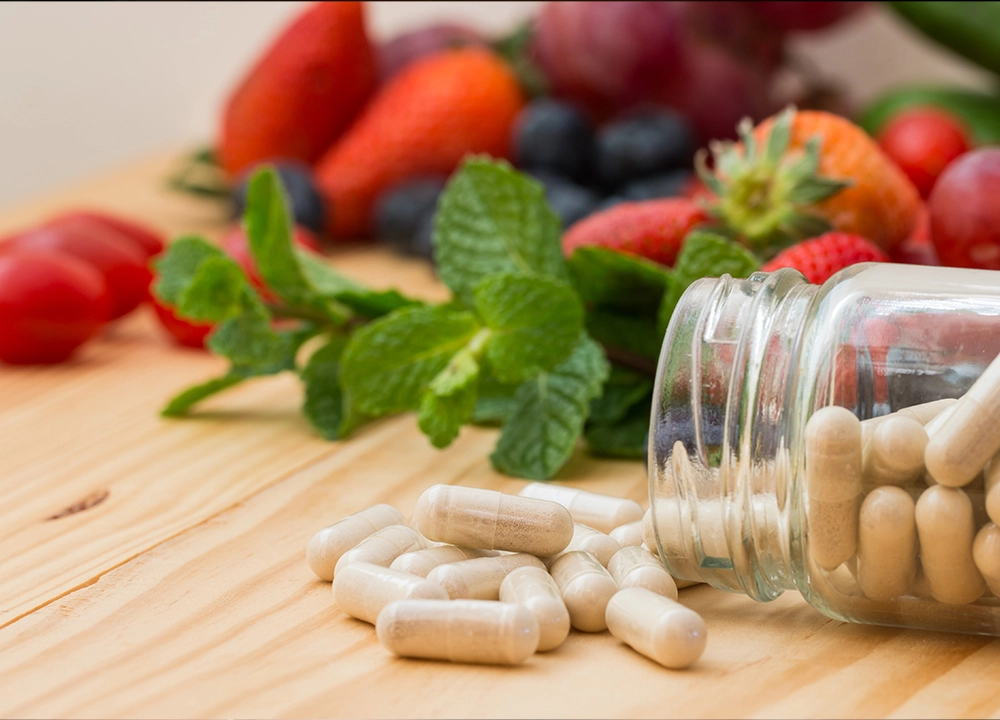Abuta — what it does and how to use it safely
Ever heard of abuta? It’s a Amazonian herb used for pain, inflammation, and infections. People have used abuta for years in traditional medicine, but if you’re curious about trying it, you need clear, practical info—what works, what’s risky, and how to stay safe.
What abuta is and how people use it
Abuta refers to plants in the Menispermaceae family (think Abuta grandifolia and similar species). Traditional uses include treating joint pain, stomach upset, fever, wounds, and some infections. Modern lab studies show abuta extracts can have anti-inflammatory and antimicrobial effects in test tubes. That doesn’t mean it’s a cure, but it does explain why folk healers used it for pain and infection for generations.
Common ways people take abuta: short teas, diluted extracts, or topical pastes on sore spots. Dosages vary a lot in folk use, so there’s no single standard dose. That’s why starting carefully and checking quality matters.
Safety, dosing, and buying tips
Abuta contains alkaloids that can be powerful — and risky. Reported side effects include nausea, dizziness, low blood pressure, and in rare cases liver stress. If you’re pregnant, breastfeeding, or on blood thinners or blood pressure meds, avoid abuta unless your doctor okays it. Those alkaloids can interact with prescription drugs.
How to try abuta the safe way: start with a small amount, use for short periods, and watch for any odd symptoms. For topical use, do a patch test on your arm for 24 hours. Don’t mix it with alcohol or multiple herbs at once. If you feel abdominal pain, severe dizziness, yellowing skin, or unusual bruising, stop and see a clinician.
When buying, pick suppliers who test for contaminants and provide clear species names. Avoid loose-foraged material that skips lab checks. If you find an extract, look for a labeled concentration and follow the producer’s instructions. Regulations vary by country, so check local rules before ordering.
Want a practical example? If you’re trying a weak abuta tea, brew a small cup and sip half. Wait several hours before taking more. If you’re using a standardized extract, follow the label or ask a pharmacist. Keep a note of any changes in symptoms or side effects to share with your healthcare provider.
Abuta can be an interesting herbal option, but it’s not risk-free. Treat it like any active plant medicine: respect the dose, respect possible drug interactions, and get advice from a medical professional when in doubt. If you want more on herbs, supplements, or how they interact with medications, check other guides on PrescriptionPoint.SU or talk to your pharmacist.

I recently discovered Abuta, an all-natural dietary supplement that has truly transformed my health journey. Packed with powerful health benefits, this plant-based supplement has helped me achieve a healthier lifestyle. From boosting digestion to supporting my immune system, Abuta has become my go-to supplement. I highly recommend giving it a try if you're looking to improve your overall well-being. Experience the power of Abuta for yourself and see the positive impact it can have on your life!
Continue Reading





